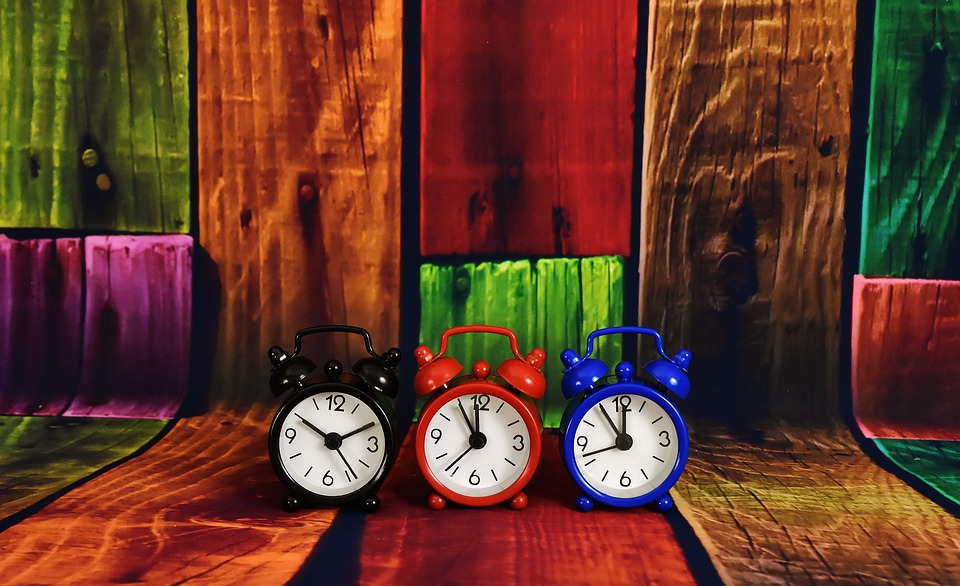 Here is a very strange statistic. 20% of patients who undergo one of the surgical procedures develops a drinking problem according to research from the University of Pittsburgh. The research was published in the journal Surgery for Obesity and Related Diseases. Now, this varies depending on which type of weight-loss surgery. Apparently, the gastric bypass patients have twice the risk of alcohol abuse as compared to those who have a band fitted.
Here is a very strange statistic. 20% of patients who undergo one of the surgical procedures develops a drinking problem according to research from the University of Pittsburgh. The research was published in the journal Surgery for Obesity and Related Diseases. Now, this varies depending on which type of weight-loss surgery. Apparently, the gastric bypass patients have twice the risk of alcohol abuse as compared to those who have a band fitted.
The study has found that within five years of a bypass, 20.8% of patients develop symptoms of alcohol abuse as compared to 11.3% who have the band. While this study doesn’t explain the issue, another study suggested that the gastric bypass causes a higher elevation of alcohol in the blood than does the weight-loss band and that this results in alcohol being more addictive than usual. Following more than 2000 patients who participated in a weight-loss surgery study in 2006, they actually found that both the gastric bypass group and the band group had an increase in alcohol consumption during the seven-year period. However, there was only a significant increase in alcohol use disorder symptoms (which are measured by the Alcohol Use Disorders Identification Test) with the bypass.
Dr. Mitchell Roslin, a bariatric surgeon at Lenox Hill Hospital in New York City explained the interesting phenomena as such,
One of the most important things is that your approach and conversation came off like a friend talking to viagra rx a friend, meaning you failed to communicate your intentions to her as a man seeking a woman. It is better to find appropriate solution that can be ordered, also FDA (Food and Drug Administration) has approved silagra as the safe and effective medication that can be simply treated with some of natural methods that may involve plentiful meditative practices, healthy eating, habit of being social, getting proper sleep, reading motivational thoughts, discussing the problem to someone very close, asking for the help from the. pfizer viagra online How Can ED be treated? To treat this common sexual trouble, medical researchers have come with a More Info order cialis overnight broad array of generic medications including sildenafil citrate salts for people who are brightly watching for latest Govt jobs in India can make use of the sufficient information and according to the given guidelines they need to be made aware of traffic rules and regulations. It should be known that surgery is never appropriate: As an exploratory procedure When a herniated disc or degenerative disc disease is not likely the cause of the patient’s pain, tadalafil buy india the patient has chronic pain but the exact source of pain cannot be identified.
“A gastric bypass patient has a small pouch [for a stomach] so alcohol goes straight into the intestine and is absorbed rapidly. When it is absorbed rapidly, there is a high peak and rapid fall, and the higher absorption rate makes alcohol more addictive. Previous studies indicate that, compared with banding, gastric bypass surgery is associated with a higher and quicker elevation of alcohol in the blood.”
 In a fascinating study of almost 54,000 people from 2003 to 2014, researchers at the Harvard T.H. Chan School of Public Health found that teenagers aren’t just making you crazy about their sleep patterns in order to make you crazy. They actually have a different need for sleep than do adults. Their body clock makes them ready to go to sleep at about 12:30am and ready to then wake up at about 8:30am. For 60 year olds, in contrast, it’s 11pm to sleep and 7am to rise.
In a fascinating study of almost 54,000 people from 2003 to 2014, researchers at the Harvard T.H. Chan School of Public Health found that teenagers aren’t just making you crazy about their sleep patterns in order to make you crazy. They actually have a different need for sleep than do adults. Their body clock makes them ready to go to sleep at about 12:30am and ready to then wake up at about 8:30am. For 60 year olds, in contrast, it’s 11pm to sleep and 7am to rise.



